Celebrating Different Minds During Autism Acceptance Month

This Autism Acceptance Month, we're taking the time to celebrate impactful figures in history who were neurodivergent, and recognizing the influence they had on our world.
April 2 is World Autism Day and April is Autism Acceptance Month. So, it’s fitting to celebrate not only those individuals with autism, but also those who are neurodivergent. We wanted to recognize the people who were neurodiverse and went on to change our world—and our industry.
For some context, the term “neurodivergent” describes people whose brain differences affect how their brain works. That means they have different strengths and challenges from people whose brains don’t have those differences. Examples of neurodivergence include, but are not limited to, ADHD, Autism, Dyslexia, Dyscalculia, Dysgraphia and Down’s Syndrome.
Some of the people included on this list are well documented as being neurodivergent. Others are less public or documented and, in many cases, never formally diagnosed. But each contributed significantly through entrepreneurship and/or STEM initiatives that helped shape the world we live in today.
**Those listed as “undiagnosed” are people that experts evaluated based on available historical information. These types of post-mortem diagnoses are based on primarily Western standards of today, and while there seems to be a fair amount of accuracy in their analysis, we cannot be certain that the person was indeed neurodiverse.**
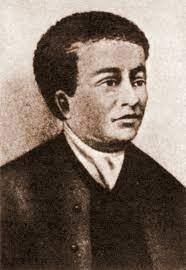
Benjamin Banneker (1731-1806)
Autism (undiagnosed)
Sometimes known as the first African American scientist, Benjamin Banneker lived as a free man during the time of slavery in the U.S. His self-taught interests included mathematics, astronomy and almanac writing. He created a hand-carved, accurate wooden clock and was the surveyor who mapped the land that would later become the U.S. capital. He also published various almanacs forecasting weather patterns and an eclipse.
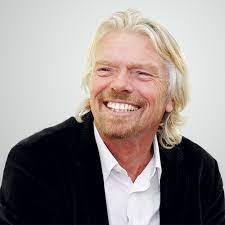
Richard Branson (1950-Present)
Dyslexia and ADHD
Branson is an entrepreneur, business mogul and founder of the Virgin Group, which today controls more than 400 companies in fields ranging from music, travel, telecommunications aerospace and more. He is also a philanthropist who has made a pledge to give away half of his $5.9Billion fortune to charity.
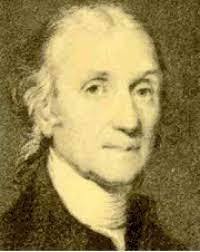
Henry Cavendish (1731-1810)
Autism (undiagnosed)
A philosopher and scientist who is noted for his discovery of hydrogen, which he termed "inflammable air," Cavendish was distinguished for great accuracy and precision in his research into the composition of atmospheric air, properties of different gases, synthesis of water, law governing electrical attraction and repulsion, a mechanical theory of heat and calculations of the density of the Earth.

Dr. Angel Durr (1987-Present)
Autism and ADHD
Dr. Angel Durr obtained her Ph.D. in Information Systems from the University of North Texas in 2018 at the age of 31 years old. She is the owner of DataReady DFW, a nonprofit organization focused on using strategic data, AI and RPA (robotic process automation) technology to serve the needs of marginalized populations.
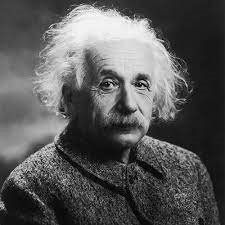
Albert Einstein (1879-1955)
Autism, Dyslexia, Dyspraxia, ADHD (undiagnosed)
Einstein is a theoretical physicist, widely acknowledged as one of the greatest and most influential physicists of all time. He is best known for developing the theory of relativity, but he also made important contributions to the development of the theory of quantum mechanics. Einstein’s mass–energy equivalence formula E = mc2, has been dubbed "the world's most famous equation." Einstein received the 1921 Nobel Prize in Physics for his services to theoretical physics, and especially for his discovery of the law of the photoelectric effect.
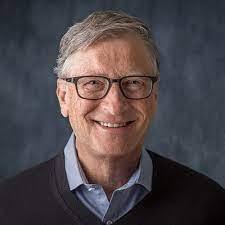
Bill Gates (1955-Present)
Autism
A business leader, philanthropist and investor, Gates co-founded Microsoft and held the positions of chairman, CEO, president and chief software architect. He is considered a major entrepreneur of the microcomputer revolution of the 1970s and 1980s. He also founded the Bill and Melinda Gates Foundation which is considered the second largest charitable foundation in the world.
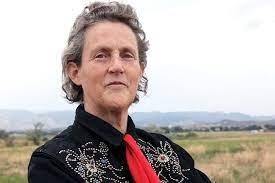
Temple Grandin (1947-Present)
Autism
An academic and animal behaviorist, Grandin is a prominent proponent for the humane treatment of livestock for slaughter and the author of more than 60 scientific papers on animal behavior. She is also one of the first people to document the insights she gained from her personal experiences with autism. She is currently a faculty member with Animal Sciences in the College of Agricultural Sciences at Colorado State University.
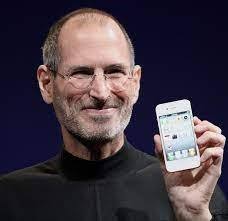
Steve Jobs (1955-2011)
Autism (undiagnosed)
An entrepreneur, industry luminary, industrial designer, media proprietor and investor, Jobs was the co-founder, chairman, and CEO of Apple; the chairman and majority shareholder of Pixar; a member of The Walt Disney Company's board of directors and founder, chairman and CEO of NeXT. He is widely recognized as a pioneer of the personal computer revolution of the 1970s and 1980s.
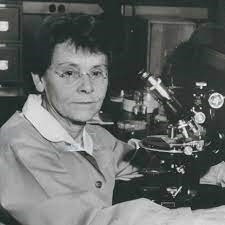
Barbara McClintock (1902-1992)
Autism
A scientist and cytogeneticist who was awarded the 1983 Nobel Prize in Physiology or Medicine, McClintock became the leader of the development of maize cytogenetics. She was recognized as among the best in the field, awarded prestigious fellowships and elected a member of the National Academy of Sciences in 1944.

Elon Musk (1971-Present)
Autism
Musk is the founder, CEO and chief engineer of SpaceX, angel investor, CEO and product architect of Tesla, owner and CEO of Twitter, founder of the Boring Company, co-founder of Neuralink and OpenAI and president of the philanthropic Musk Foundation.
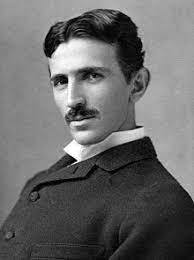
Nikola Tesla (1856-1943)
Autism (undiagnosed)
Tesla was an inventor, electrical engineer, mechanical engineer and futurist best known for his contributions to the design of the modern alternating current electricity supply system.
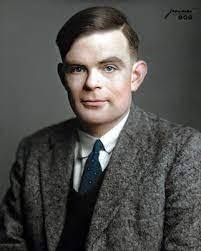
Alan Turing (1912-1954)
Autism (undiagnosed)
A mathematician, computer scientist, logician, cryptanalyst, philosopher and theoretical biologist, Turing was highly influential in the development of theoretical computer science. He provided a formalization of the concepts of algorithm and computation with the Turing machine, which can be considered a model of a general-purpose computer. He is widely considered to be the father of theoretical computer science and artificial intelligence.

